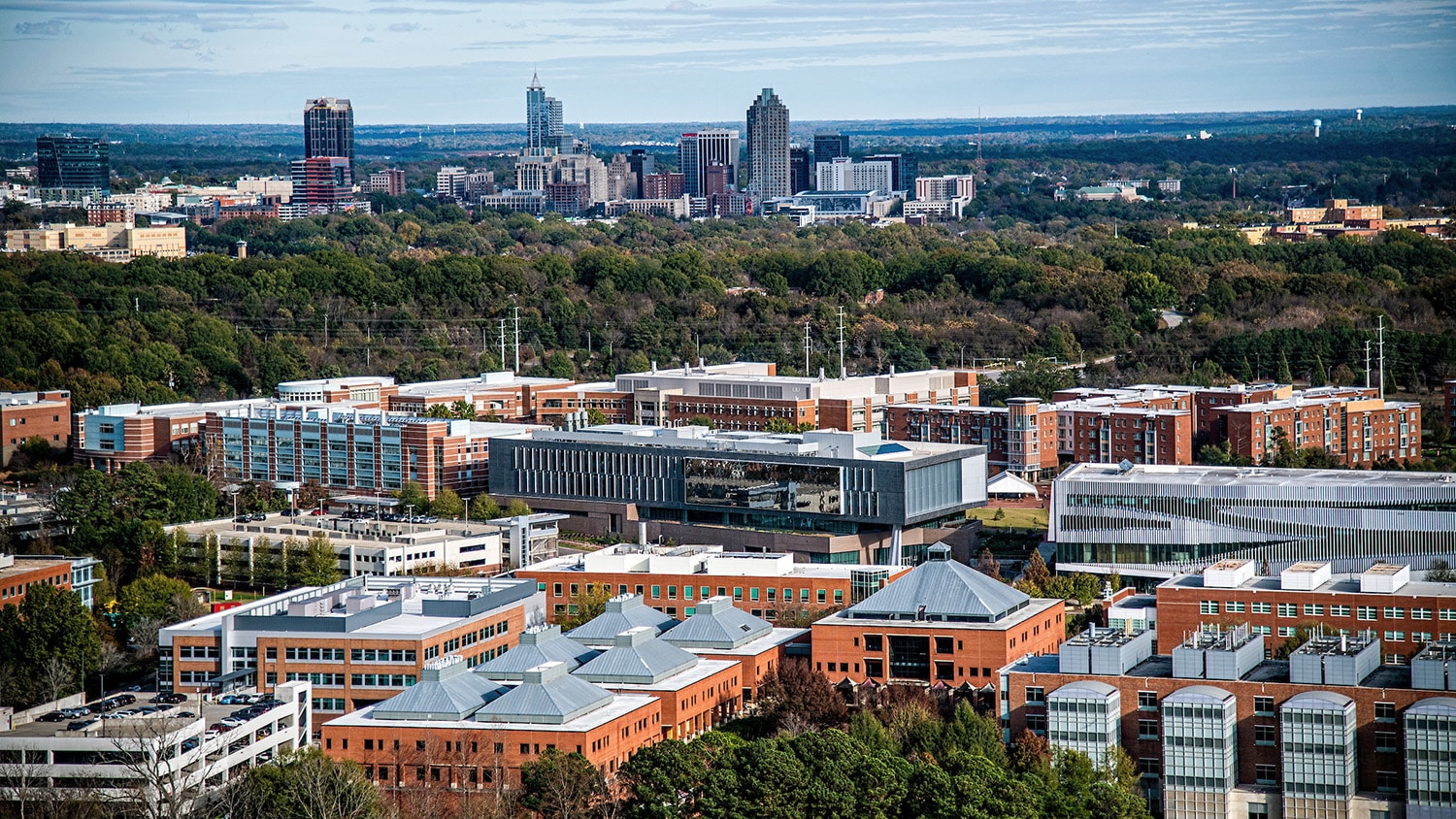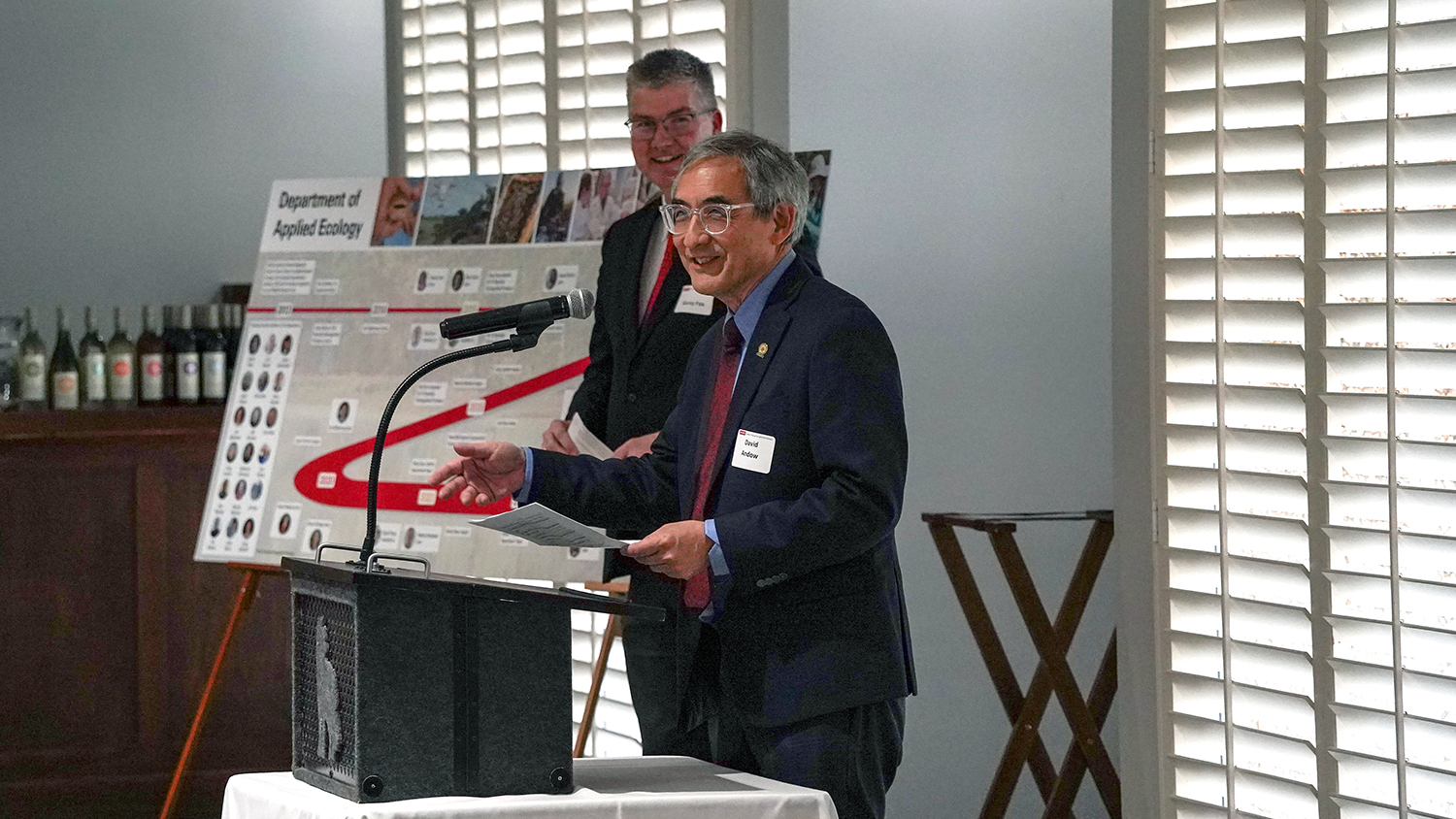Educating Landowners About Biofuels, Biopower
Converting wood and other plant material into fuel and energy is attracting serious attention as an emerging alternative to fossil fuels. But landowners – who could benefit the most from the increased attention – have been largely kept on the sidelines as policy makers, environmental groups and academics debate the potential merits and drawbacks of using wood and plants for fuel and power.
Today, says Dr. Dennis Hazel, extension specialist and assistant professor at North Carolina State University, the conversation is shifting to include landowners. “Until someone was going to buy wood for energy, you didn’t need to get landowners all riled up about a market that didn’t exist,” he says.
But now that the biofuels market is taking hold in North Carolina, NC State – through N.C. Cooperative Extension and extension forestry personnel – will launch a number of educational programs about biofuel and biopower for property owners, foresters and others.
In September, Cooperative Extension will hold six meetings on the topic across North Carolina, focused primarily on non-industrial, private property owners. These meetings, says Dr. Robert Bardon, extension leader and associate professor of forestry and environmental resources, will provide landowners an opportunity to learn what woody biomass is and how “low-quality” materials on their property can be turned into energy.
“The development of biomass markets will help in getting landowners to practice sound forest management on their property,” Bardon says. He adds that proper woodland management helps reduce forest fire risk, and also helps reduce pests and invasive species.
Cooperative Extension will also sponsor two, two-day regional workshops in the Kinston and Winston-Salem areas. Attendees will learn more about how some North Carolina industries are using wood and other plant materials to generate electricity and produce energy, and how foresters and other practicing natural resources professionals can obtain training and market information.
Cooperative Extension and NC State’s Department of Forestry and Environmental Resources will also sponsor a video teleconference titled “Beyond Biohype: A Progress Report of Biomass for North Carolina” on Sept. 10.
NC State personnel are also providing much of the impetus behind a two-day gathering of policy advocates, environmental organizations, academic researchers, industry representatives and investors from across the Southeast. “Biomass South 2008: Charting a Course for Biofuels, Biopower and Bioproducts” will update participants on current market research and include discussions of topics such as woody and agricultural biomass production and use; panels on research and policy needs; and environmental sustainability. It will be held at the Raleigh Convention Center in downtown Raleigh from Sept. 22-23. Registration is required to attend; on-site registration will be available.
“We want to transfer the knowledge to people that there are biomass opportunities out there,” says Dr. Mark Megalos, extension forestry specialist at NC State.
For more information on upcoming sessions on biopower and biofuel markets, visit the Web at www.ces.ncsu.edu/nreos/forest/feop/programs.


